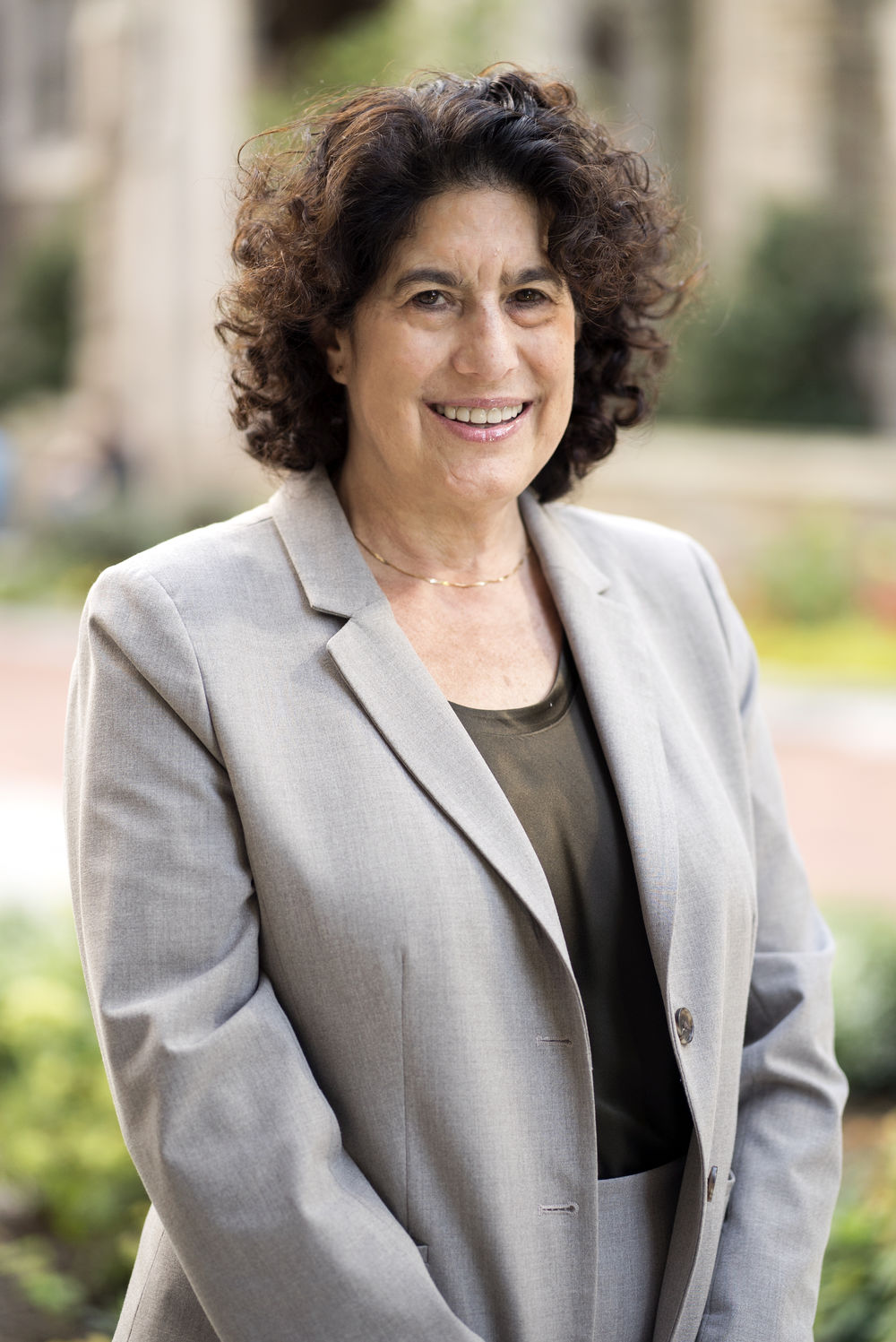
Laura A. Siminoff, PhD, whose broader vision of public health transformed the college into an interdisciplinary home for health and social services, will step down as dean of the College of Public Health on July 31. She has served in this role since 2014.
When she arrived at the university, public health was a Council on Education for Public Health (CEPH)-accredited program within the former College of Health Professions and Social Work. Her transformative vision was to elevate public health as the broad umbrella under which many health and social service disciplines would thrive, creating a truly interdisciplinary academic environment where students and researchers would come together to solve complex problems and be prepared to join the health workforce with 21st century skills.
She reorganized the college as the College of Public Health in 2015, creating three newly individual public health departments: Social and Behavioral Sciences, Epidemiology and Biostatistics and Health Services Policy and Administration. She led the initiative to establish the college’s CEPH accreditation as a school of public health, which was achieved in 2017. This higher level of accreditation created more opportunities for students and faculty and elevated the college’s reputation locally and nationally.
In 2019, Siminoff led the creation of the Department of Health and Rehabilitation Sciences, bringing together the fields of physical therapy, occupational therapy, recreational therapy and athletic training. Earlier this year, the college established a new partnership with TUHS that resulted in a close collaboration to deliver nursing education and future research initiatives.
Siminoff modernized the college’s existing degree programs and oversaw the development of several new and innovative degree programs, including several online degree offerings. During her tenure, the college also developed a service-oriented dean’s office that includes comprehensive services important to the college’s success, including offices dedicated to enrollment and admissions, marketing and communications, and IT, and created uniform administrative operations. She also further developed grants and financial administrative services.
Under Siminoff’s leadership, the College of Public Health became the third largest college at Temple, and its research portfolio has grown to include more than $70M in active funding in the most recent fiscal year. The college has also developed an engaged Board of Visitors and built a base of active and engaged donors.
Siminoff steered the college through the COVID-19 pandemic, demonstrating the importance of working across disciplines to tackle major health challenges. The college’s response included the RapidVax project – a partnership with the city through which the college received a large grant to help vaccinate Philadelphia residents. RapidVax exemplified the value of being a truly interdisciplinary college that addresses many of the social determinants of health: faculty, staff and students from across the college, including public health, social work, and clinical disciplines, came together to create the protocol and educate and vaccinate thousands of local residents.
Siminoff also imagined a new home for the college in a renovated and expanded Paley Hall, which will bring CPH students, faculty and staff together right at the heart of Temple’s campus. This vision will continue in her work as dean emerita, as she will assume a special role overseeing the Paley Hall project.
As emerita, Siminoff also plans to spend more time on research, which is her passion. During her time as dean, Siminoff remained an active researcher with her lab, Siminoff Research Group, focusing on various aspects of health communication. Some of the research group’s current projects include understanding how to increase organ donations among Asian Americans; understanding the various aspects of vascularized composite allotransplantation; and how to alleviate the burden for families caring for advanced cancer patients. Exciting new research initiatives she plans to pursue include creating a new model of family-centered care for cancer patients and how to use natural language processing to help automate the process of understanding health communications – including coding communication data, which has the potential to propel health communication research in the future.
Associate Dean for Academic Affairs Jennifer Ibrahim will assume the role of interim dean, effective August 1. Ibrahim joined the university as an assistant professor in 2005 and has served in the role of associate dean for academic affairs since 2014.
